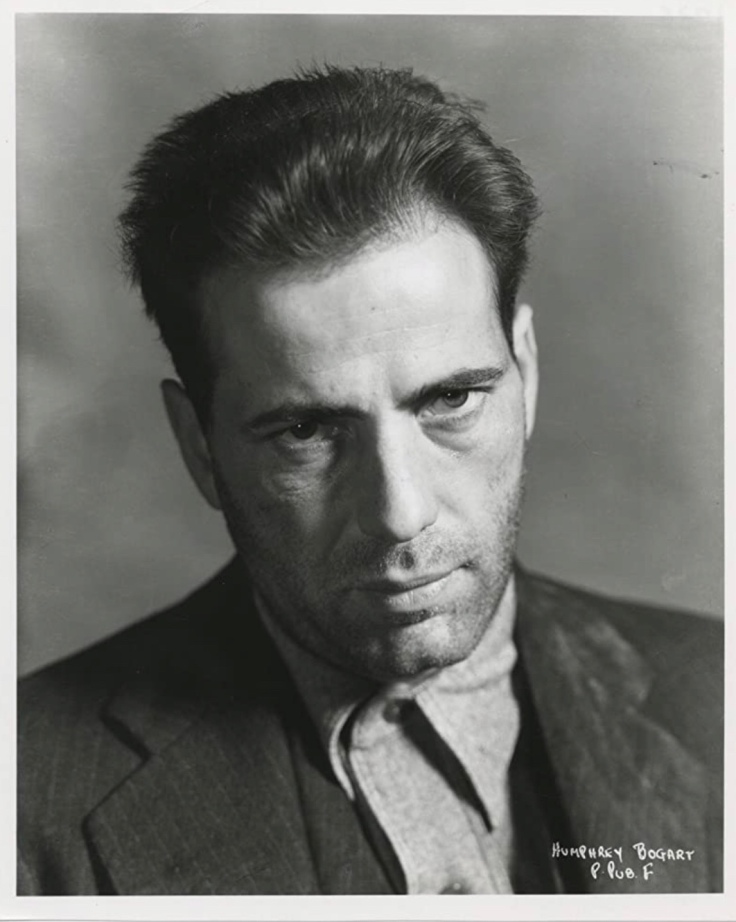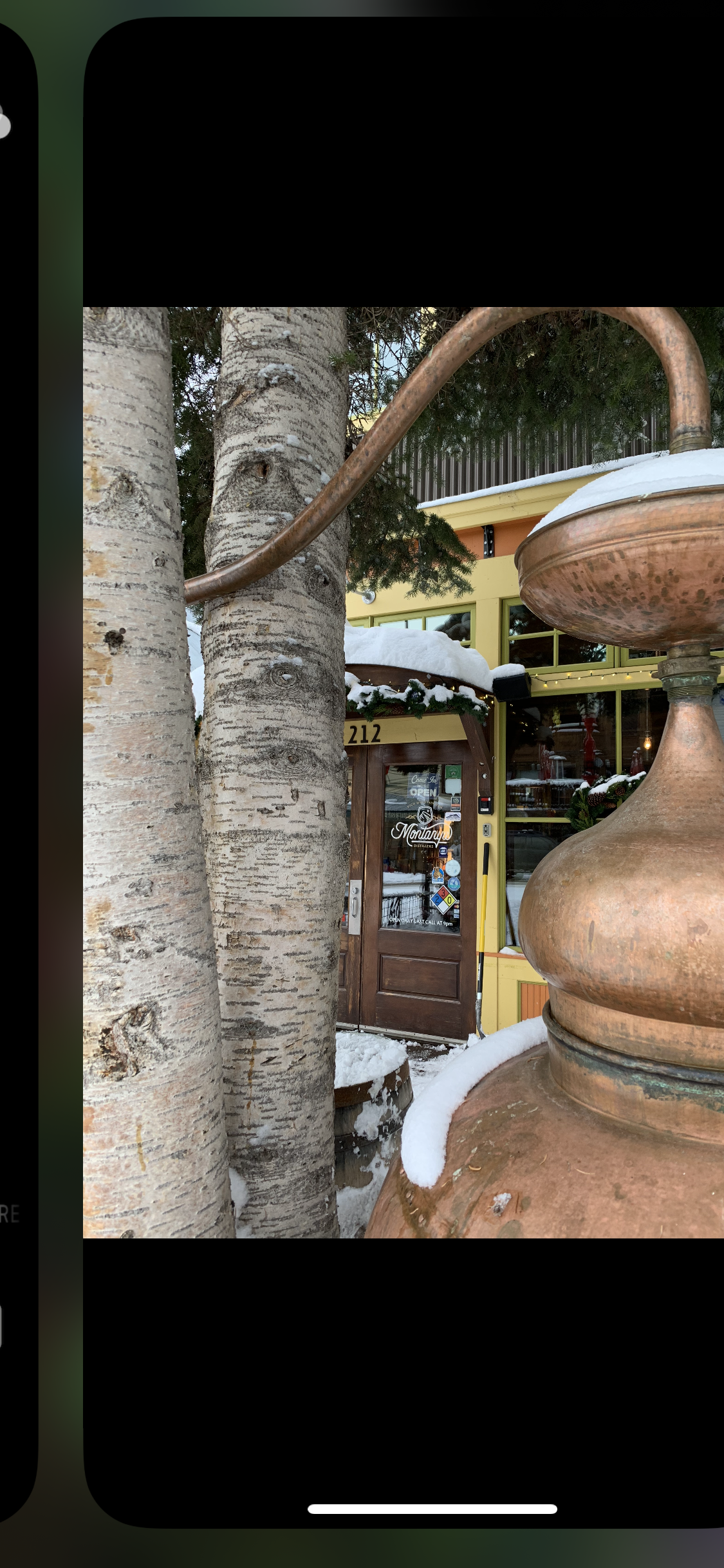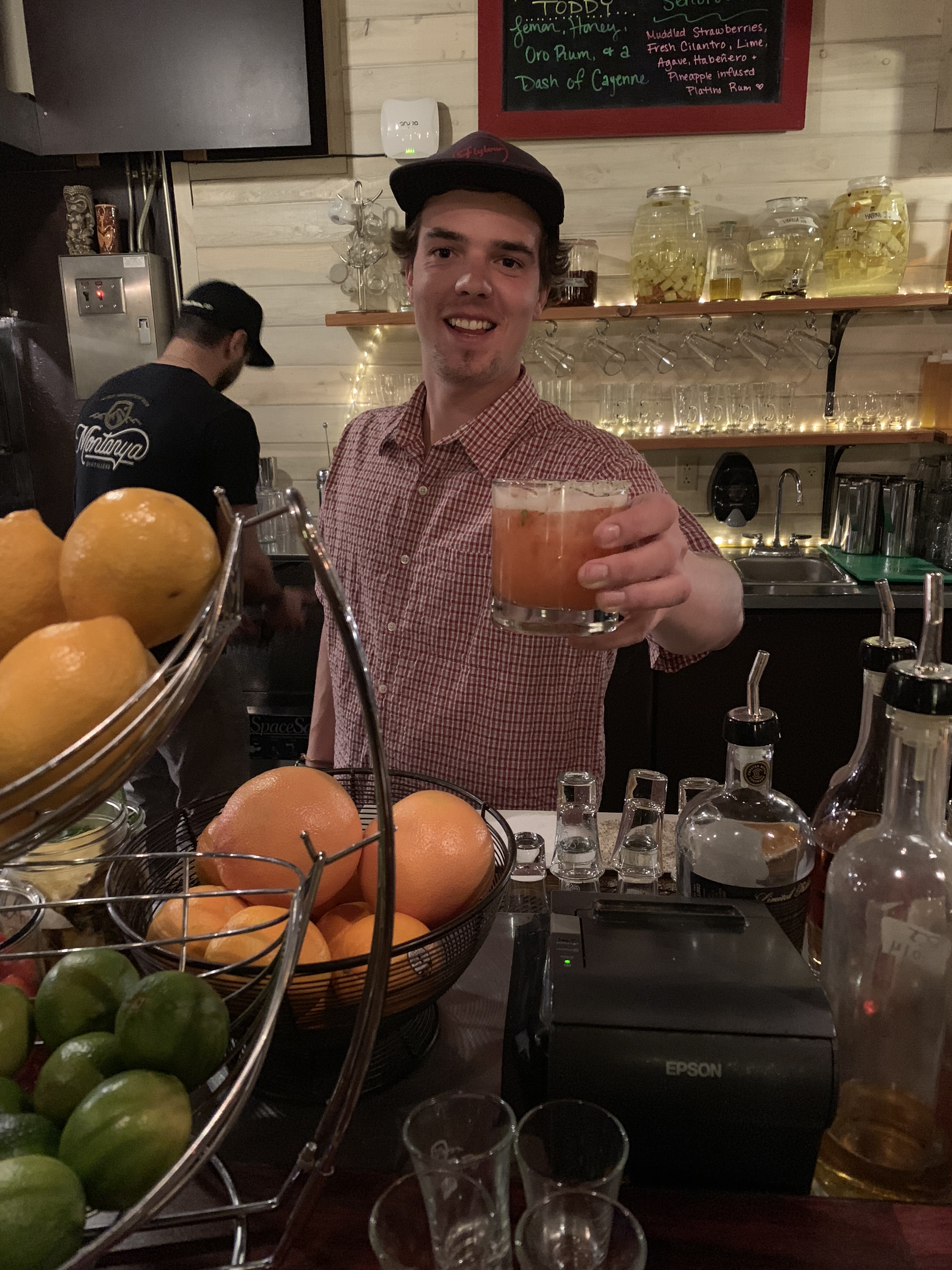 (Note: A short story written for a contest, limited to 1500 words)
(Note: A short story written for a contest, limited to 1500 words)
DARYA APPLEBAUM
By SG Young 1454 words
Darya looked up through her bangs. “Mom . . .”
Her mother stood at the induction cook top, stirring with one hand while scrolling her phone with the other. She breathed heavily.
“Mom, . . . mom . . .”
Dr. Applebaum’s eyes glanced. “Darya?” She said it as if she were calling on an astrophysics student.
“Mom. Finally. Are you making fudge?”
“No, honeydew, I’m making supper. I’m making pasta. With your favorite sauce.”
“Fudge is my favorite sauce.”
“Fudge doesn’t go with pasta.”
“Fudge goes with EVERYTHING.”
“You go with everything. Give me a big hug.” Dr. Applebaum picked up her four-year-old daughter and sat her on the kitchen barstool. Then she hugged her tight in her arms, maybe even a little too tight, and brushed ashen hair from her daughter’s eyes. “I should cut these bangs.”
“I like my bangs. I like peeking.” Darya pulled her head away just enough so that she could see her mother’s smile through the bangs, but not the worry lines that wrinkled her forehead.
“Mom, did you used to be pretty?”
“Thank you very much! That’s a nice compliment to hear at the end of a long day.”
“But did you?”
“Yes, honeydew. If I’m being brutally honest, yes, I used to be pretty.”
“What’s brutally?”
“Brutally . . .” Dr. Applebaum breathed heavily again. “Brutally is when something is true, but you really wish it wasn’t.”
“So, no fudge. That’s brutally?”
“Yes, I suppose it is. Can you hop down and wash your hands, please? With soap.”
“Scoot me?”
“To the sink?”
“Please . . .”
“Okay, hang on. Tight.”
Darya smiled a huge smile, gripped her hands hard to the edge of the barstool so she wouldn’t lose her balance, and waited for her mother to make the flight announcement.
“Darya for clearance to the sink . . . Darya for clearance to the sink . . . ready for acceleration phase . . . “ Darya started giggling. “Okay, you have clearance.” Dr. Applebaum gripped one hand onto the rim of the barstool and pulled it in a wide arcing semicircle to bring her daughter toward the sink. She announced, “Deceleration phase,” and the barstool came to a halt just close enough for Darya to reach her hand to the faucet handle.
Darya washed her hands using actual soap. “What is soap?”
“Soap is what makes your hands clean.”
“I know what it does. I want to know what it is.”
“Ooh, you little physicist.”
“That’s good, right?”
“Yes, honeydew, that’s good. That’s so good.”
Dr. Applebaum spooned tomato sauce onto her daughter’s pasta, and warned, “It’s hot. You can blow on it.”
“Hard or soft?”
“Just soft, dear. We aren’t blowing houses down.”
“Do you think wolves could really blow houses down? I don’t think so.”
“I don’t think so,” her mother agreed.
“I don’t think so either.” Darya smiled at her mother until Dr. Applebaum smiled back.
After Darya was safe in bed, and had heard her favorite stories, Dr. Applebaum stood at her mirror staring at the lines on her forehead. She could practically name the projects that had given rise to each one. The Close-Approach Project, nearest her eyebrows. Then the Orbital Project. And the Contact Project, etched nearer her hairline. Each project’s timeline apogee-linked to the orbital period of the Lunar Lump. When the Lump had originally broken off of the moon she’d been a grad student herself, and now almost twenty years later she felt as if the Lunar Lump had taken over her life.
That eerie green image, the one that went viral with those hands on the glass, had been the end result of going against her advice. The President. He’d wanted a manned mission.
Dr. Applebaum’s pregnancy had coincided with so many others that the entire batch of babies had been nicknamed Lunar Boomers. No one knew how much time the earth had left. Why NOT get pregnant? She’d picked an attractive and brilliant former student. And hadn’t even told him.
Dr. Appelbaum fell asleep remembering Aurelio, the smell of him. He used a lot of turmeric. Sleep was blissful.
“Mom, mom, is this the day the earth gets destroyed?”
Dr. Applebaum blinked her eyes open and glanced at her clock. 6:05. “Why are you asking me that?”
“You said you’d make the fudge on the last day. We could just eat it and eat it. Fudge all day. Is today the fudge?”
“No, honeydew, today is not the fudge. It’s just a day. And it’s early.”
“That’s brutally.” Darya climbed onto her mother’s covers. “On the last day can I do whatever I want?”
“Yes, I suppose. It’ll be the biggest snow day in the history of creation. Nobody has to do anything for tomorrow, for tomorrow never comes.”
“What are you going to do, Mom?”
“I suppose I’ll hug you like crazy. And drink margaritas. And think about turmeric.”
“Can I drink margaritas?”
“Well, I suppose you could, now that I think of it. But I don’t think you’d like them.”
“I’d like them if they had fudge.”
“Fudge margaritas? Actually, might be worth a try.” She looked at her daughter’s bangs and said, “These really need cutting. Today. But today is a school day for you. You need your school outfit. Can you put that on?”
“Okay.” Darya popped off of the bed and ran back to her closet hooks. There were two school outfits and she liked both of them, so she usually just picked the one that she hadn’t worn last time. She liked to be fair to both of them.
At the lab that afternoon Dr. Applebaum knew she had her conference call that would include the President and both of his chief science consultants. They all knew that she had the most accurate projections of the Lunar Lump’s trajectory changes. She was going to tell them today that all of the indications were such that Destruction Day would be the closest of the several scenarios. There was less than a week left.
Then they would have to decide what to tell the public. The truth? Probably not. The truth was going to be that earth would never survive, and that the deepest shelters, even the salt caves, were not going to be of any help. If they asked her advice she planned to tell them that they shouldn’t make any announcement at all. There had already been vague declarations that this year would be an ideal time to catch up on any religious obligations. What else could the population actually prepare for?
But she knew that the President might favor being brutally honest. That everyone ought to know the date and time to the nearest accuracy possible.
Dr. Applebaum thought about going philosophical on him. Just saying, “Now.” That the event would happen, Now.
“Why now?” The President would surely ask.
“Because everything happens now. It’s the only time that really exists, the only time that anything can ever happen is . . . now!”
The reality would be that any kind of realistic announcement would be met with the same predictable reactions. Some would accuse the President of grandstanding for political reasons. Many would continue life as normal. Maybe—saying a few more prayers? And some would go absolute bat-dung crazy and start killing and destroying. The biggest looting spree in the history of the world.
Why risk that?
Dr. Applebaum suddenly decided that she would lie.
She would say that there’s been a tiny error. The projections were a slight bit off. They had another year. Maybe even another two years. No more than that. After the President’s term was up anyway.
Somebody else’s problem.
She had the conference call. She lied. They all believed her. At heart they wanted to believe her. They trusted her, because they knew she wouldn’t risk her science reputation by being anything less than accurate. So she must be telling the truth.
Dr. Applebaum felt a rush of enormous relief, and left the lab after the call was completed. It was a bit on the early side. But she wanted to stop on the way home. She wanted plenty of fresh limes and this certain tequila she’d been waiting to try. A certain reposado. She’d been waiting for a special event.
And then she stopped for Belgian chocolate. She liked Belgian even better than the Swiss. She messaged her neighbor who watched Darya after school.
Darya met her at the door. She peeked into the bags right away. “Is this for making fudge?”
Dr. Applebaum nodded and smiled. “Yes, honeydew.”
“Yayyy!” Darya screamed it through the house, climbed onto her barstool, and said, “I better wash my hands.”
(Note: Darya won $75.00 in the story contest, and she plans to spend it entirely on fudge.)











 (Note: A short story written for a contest, limited to 1500 words)
(Note: A short story written for a contest, limited to 1500 words)







 These were some of the scenes around the main tourist section of Crested Butte, Colorado on November 29, 2018.
These were some of the scenes around the main tourist section of Crested Butte, Colorado on November 29, 2018.



